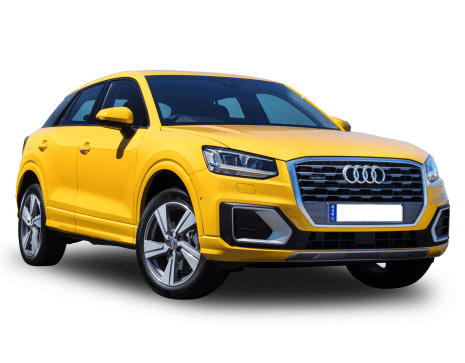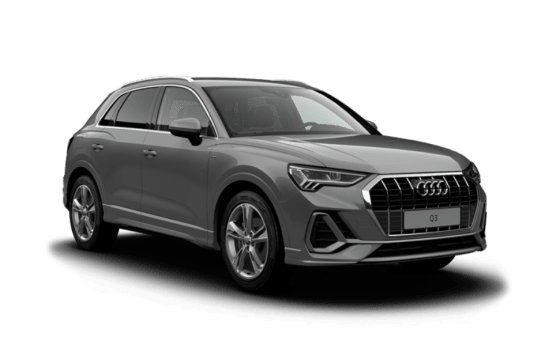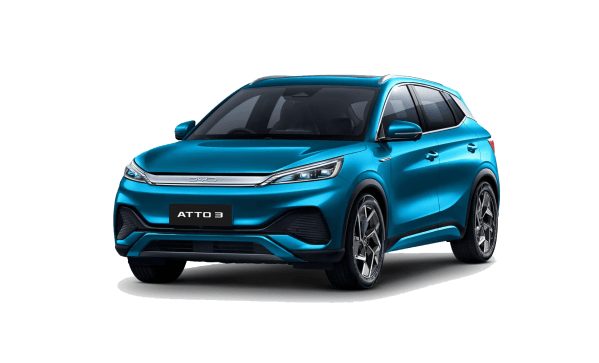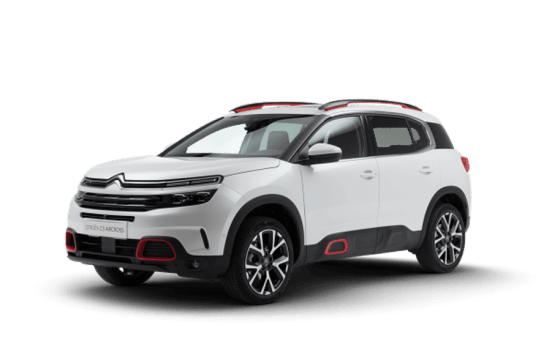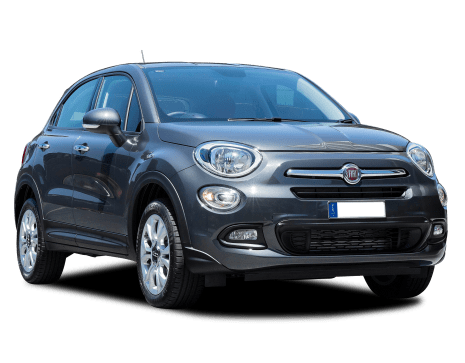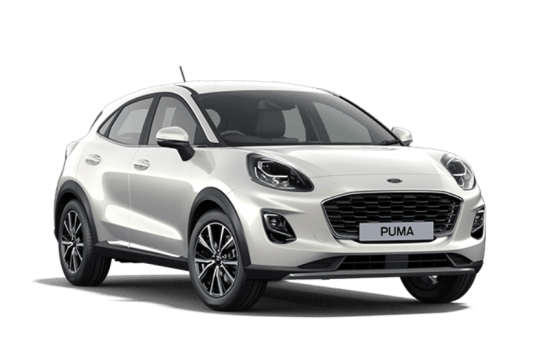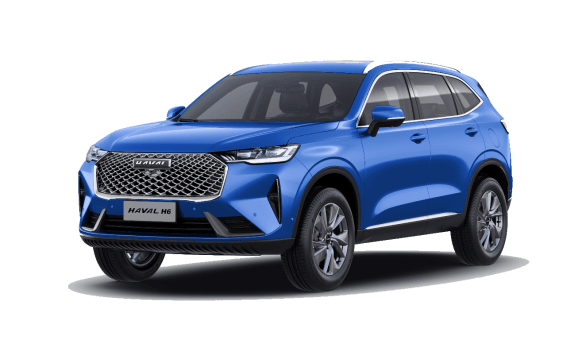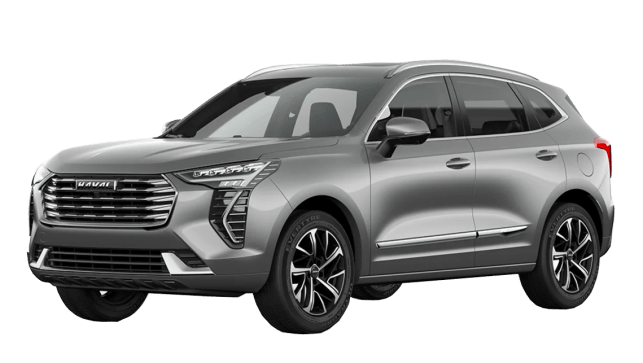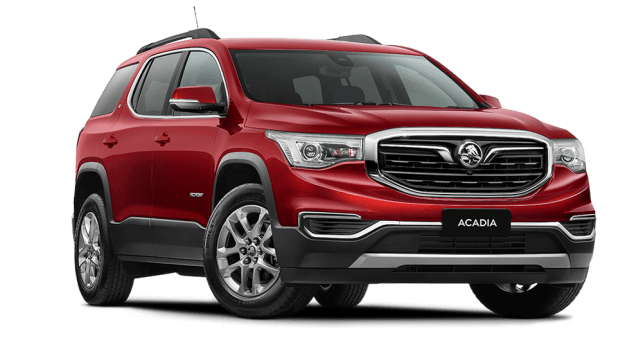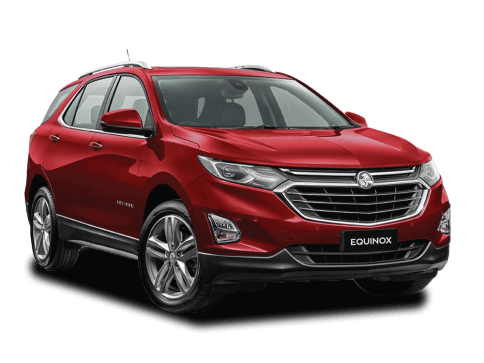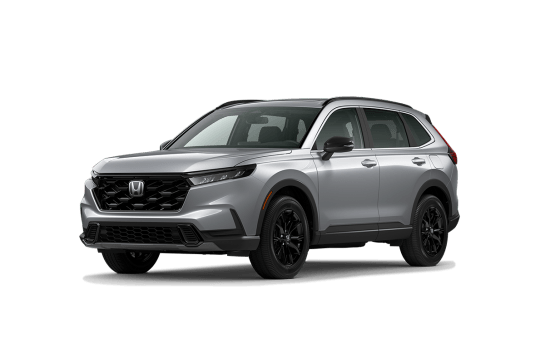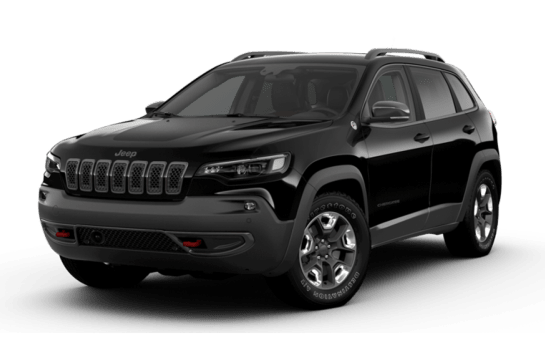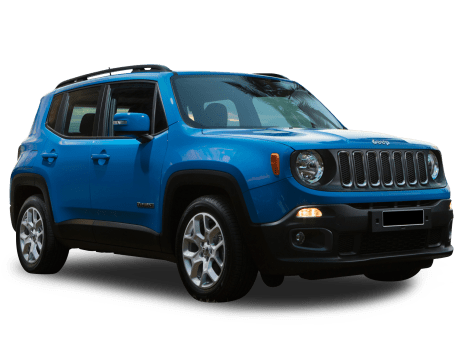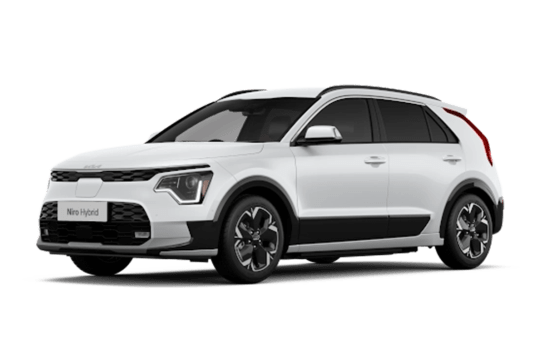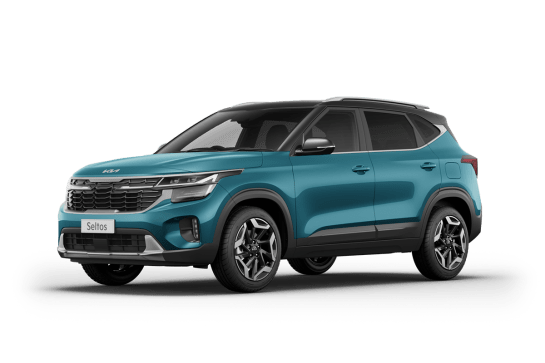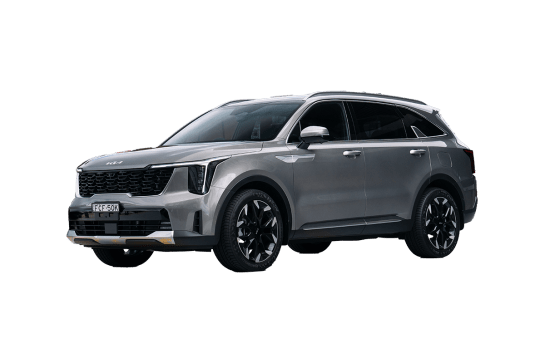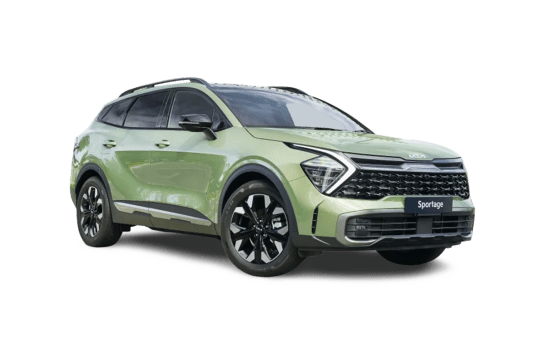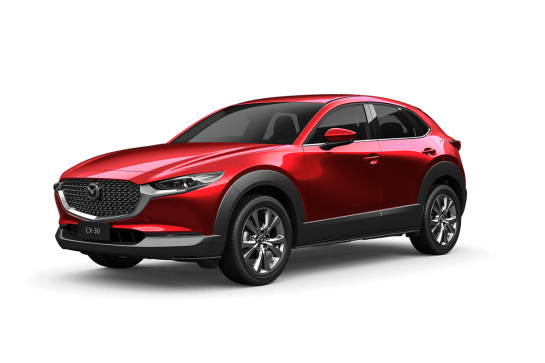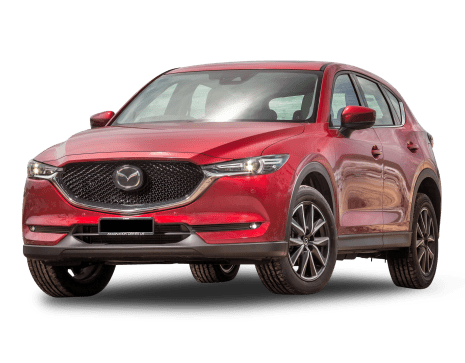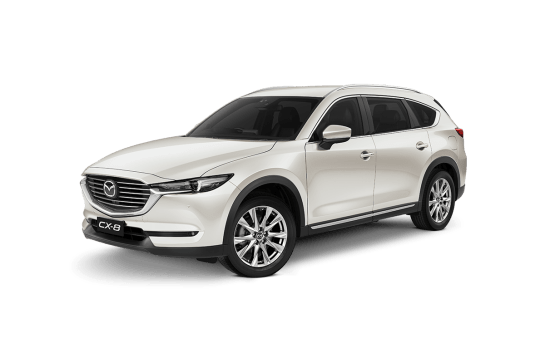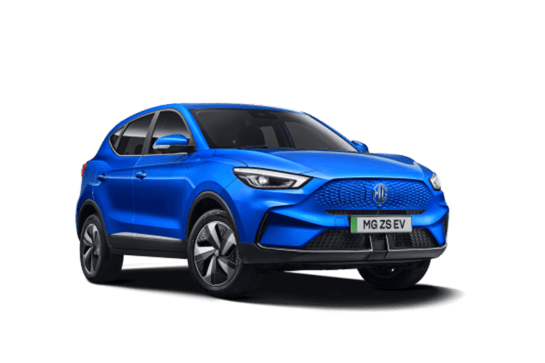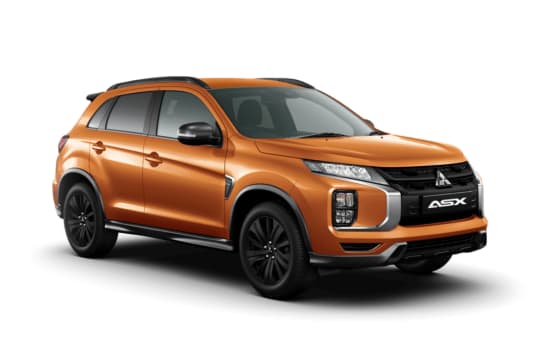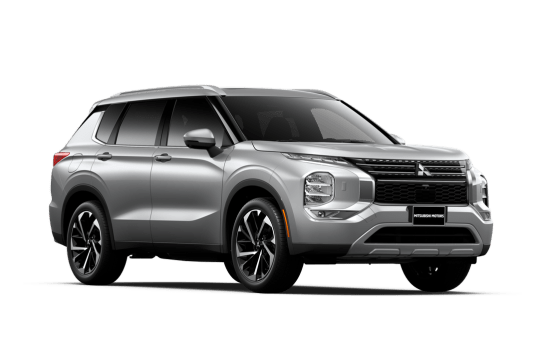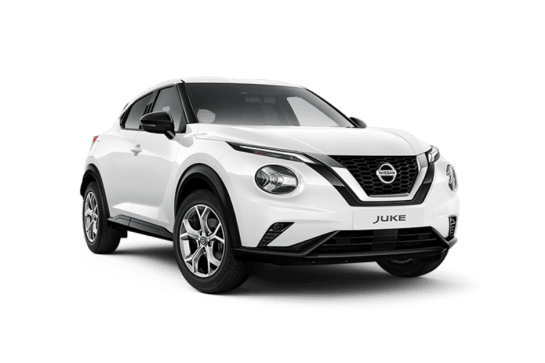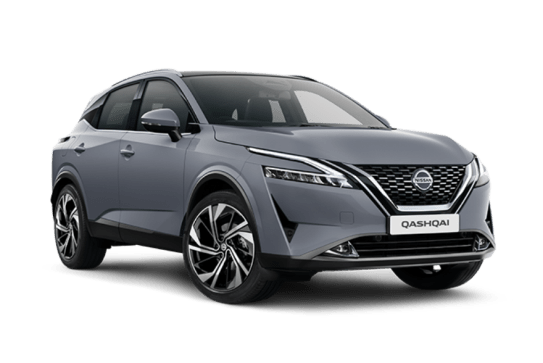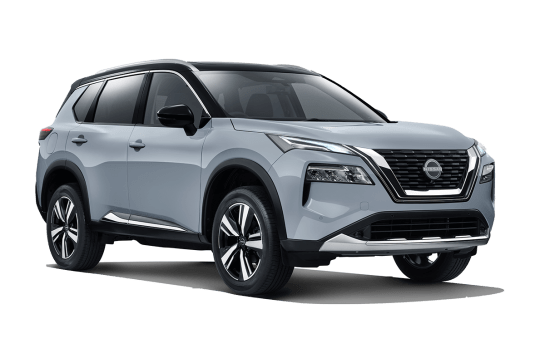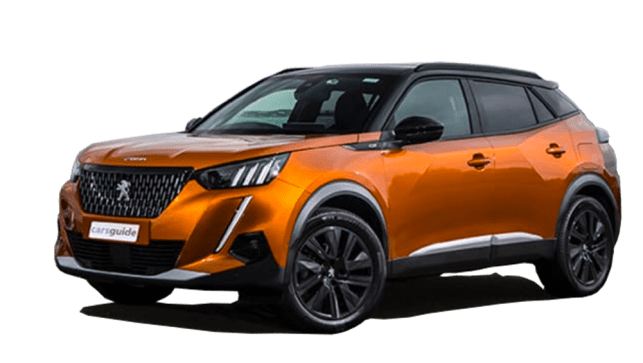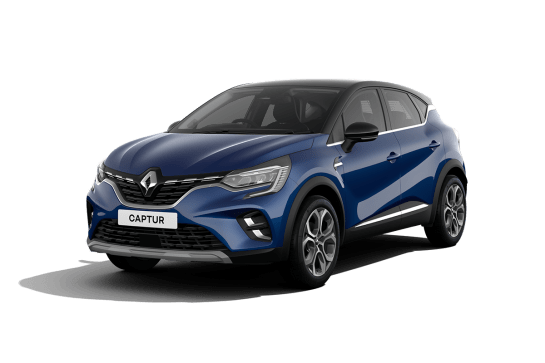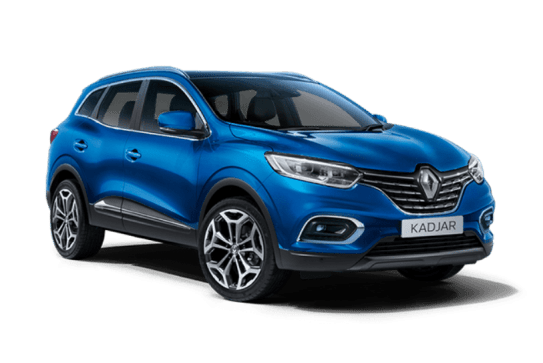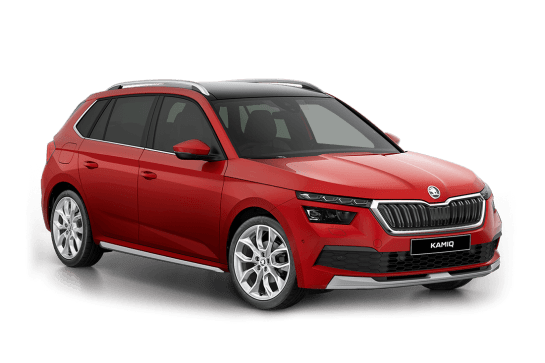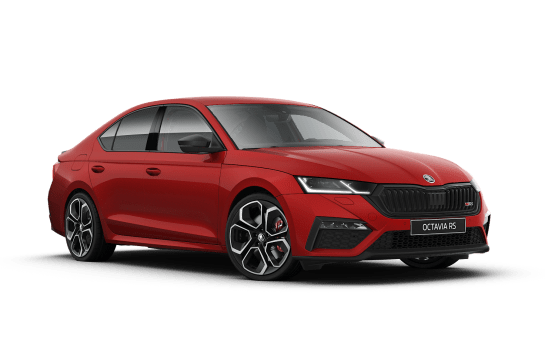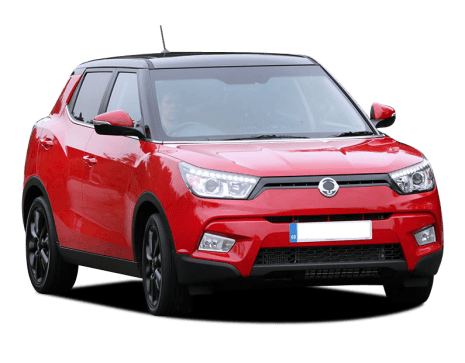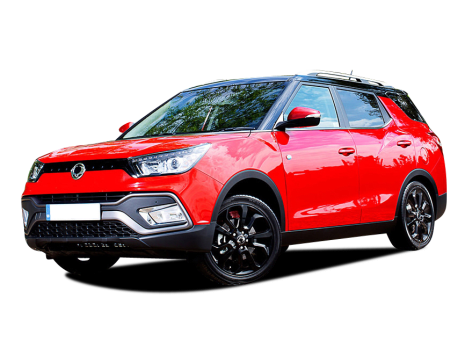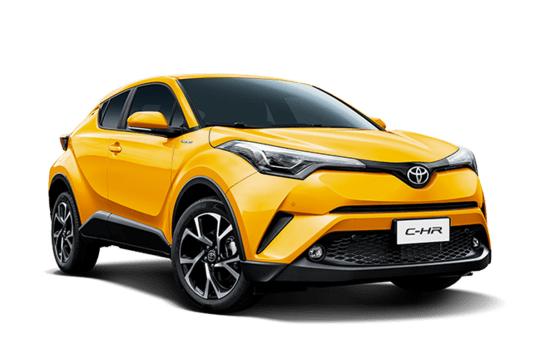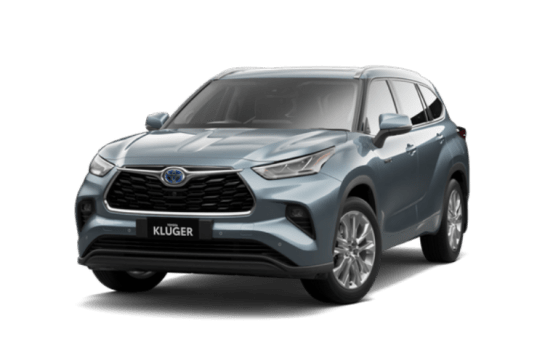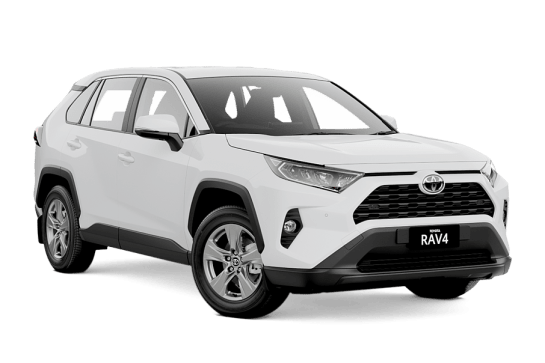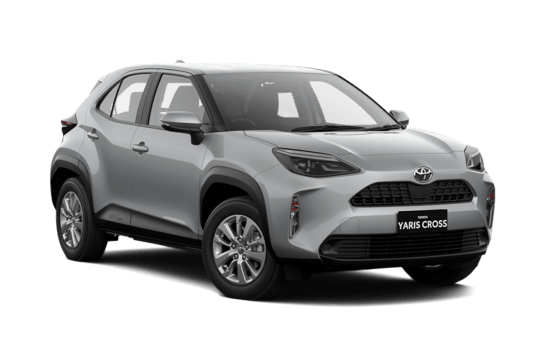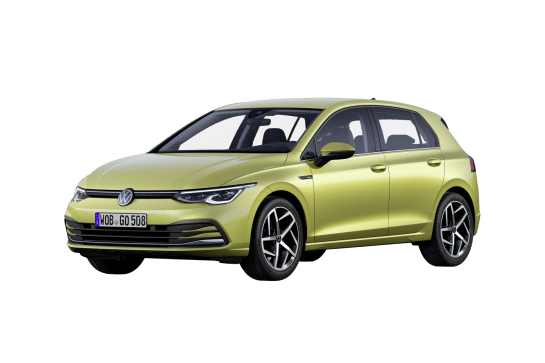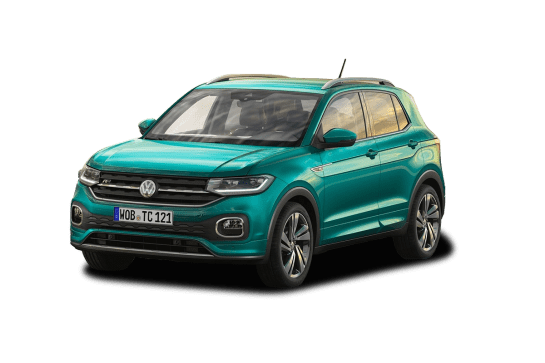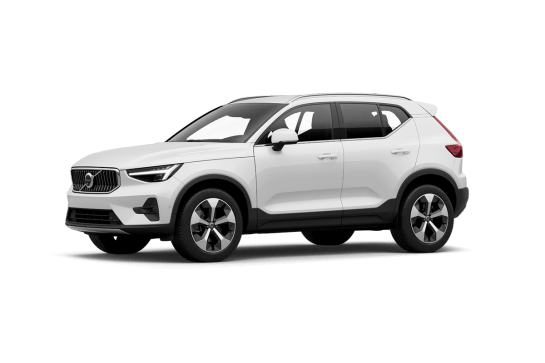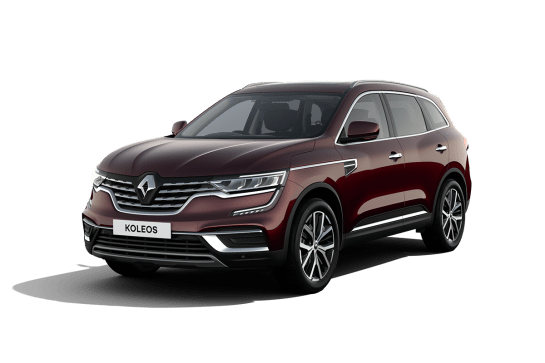
Renault Koleos VS Volkswagen Golf
Renault Koleos
Likes
- Decent value
- Visually appealing
- Spacious, comfortable cabin
Dislikes
- Average ride quality
- Dated multimedia and in-car tech
- Lacks engagement as a driver’s car
Volkswagen Golf
Likes
- Superb engine
- Nice to drive, even around town
- Good space utilisation
Dislikes
- Too much road noise
- Annoying touchscreen
- Pricey
Summary
Renault Koleos
There’s no shortage of models to choose from if you’re after a family-friendly medium SUV. The problem is, it might take a while to get your hands on one, with lengthy wait times for some of the best sellers due to current delays caused by a global parts shortage and supply chain dramas.
But there are a handful of models with healthy stock in dealerships right now and available for immediate delivery. One of them is the Renault Koleos.
It's coming to the end of its life cycle and lacks the shine of some of its fresher rivals, but it’s a lot of car for the money.
Read more about
We spent a week with the limited edition Koleos Black Edition to see if it is worth a trip to your Renault dealer, or if you should sit tight and wait for one of its newer rivals.
| Safety rating | |
|---|---|
| Engine Type | 2.5L |
| Fuel Type | — |
| Fuel Efficiency | 8.1L/100km |
| Seating | 5 seats |
Volkswagen Golf
In a world where hatchbacks are being cancelled left, right and centre, it was super refreshing to get into the Volkswagen Golf GTI hot-hatch recently.
I’d driven other Mk 8 Golf models including the R flagship wagon, but this was my go in the car I’d long considered to be the best Golf for the money.
But with prices continuously cruising north - this car is now a $54,990 prospect before on-road costs - does it still make dollars and sense? And what’s it like to live with in the daily grind?
| Safety rating | |
|---|---|
| Engine Type | 2.0L turbo |
| Fuel Type | — |
| Fuel Efficiency | 7L/100km |
| Seating | 5 seats |
Verdict
Renault Koleos6/10
To be fair to Renault, when the second-generation Koleos launched in 2016, it was a competitive offering. The problem is, a bunch of medium SUV rivals have been replaced in that time and some of them - Toyota RAV4, Kia Sportage, Mazda CX-5 and Hyundai Tucson, to name a few - are high-quality offerings with an engaging drive and the latest tech and in-car features.
Unfortunately, that leaves the Koleos towards the rear of the medium SUV pack.
It offers solid value-for-money, handles reasonably well and is still one the best-looking SUVs on the road. But beyond that, the Koleos can’t keep pace with those top-notch rivals.
Volkswagen Golf8/10
The Volkswagen Golf GTI is still a standard-setter when it comes to the “do it all” style of sporty hatch.
I wish the media screen was simpler, and that it wasn’t so loud inside on rougher road surfaces that are so common around Australia, and I wish it was cheaper, too.
But if you can justify the cost, and you want a five-door hatch with plenty of power and presence, then the Golf GTI could well be the go. But I’d also personally be checking out the Cupra Leon, which I think looks better and has a bit more individual appeal.
Design
Renault Koleos
An area that Renault has excelled at in the past decade has been exterior design. Under the stewardship of design chief Laurens van den Acker, Renault has transformed from somewhat quirky to modern and sleek.
The Koleos is getting on in years, having arrived in 2016, but it’s still a handsome SUV. A 2020 facelift sharpened its looks further and we reckon it’s one of the best-looking models in the medium-SUV segment.
Piano black inserts around the gear shifter are a nice touch, but the fake carbon-fibre inserts look and feel cheap. It’s all a bit generic.
But the appealing contrast yellow stitching on the seats, gear shifter housing, doors, centre armrest and more breaks up the grey with a little pop of colour.
Volkswagen Golf
You can tell it’s a GTI at a glance, and that means it’s off to a good start. There’s the telltale red grille strip, sitting proud above a very aggressive lower bumper with chequered-flag style daytime running lights.
In profile there’s a GTI badge on the front fender, and I think the 19s on this particular car sit a lot nicer than the ‘Richmond’ 18-inch rims on the standard car. There are red calipers, too, and tinted rear glass.
At the rear there is a minimalist approach to the badging - just the three important letters ‘GTI’ below the VW emblem, which doubles as the boot opening handle. The lower bumper features a pair of round exhaust tips, which poke out a bit more than you might expect.
The inside has the iconic - but not identical between generations - tartan seat trim, and I love it. Got a few really nice compliments on the design, which is called ‘Scale Paper’, in this gen and spec.
Otherwise, it’s a pared back affair, and you could be sitting in any other high-grade Golf.
Practicality
Renault Koleos
It might lack the up-to-date styling of those rivals, but the Koleos is practical and spacious inside and great for family duties.
As with the outgoing fourth-generation Nissan X-Trail, the Koleos is one of the larger offerings in the medium SUV segment, and it’s evident when sitting in the front or rear seating row.
Rearward visibility could be better, with a small rear screen and thick C- and D-pillars impeding vision and creating a blind spot.
The front seats are well supported and comfortable and while the driver’s side is power adjustable, the front passenger seat is manually adjustable.
It has a deep central storage bin with a hidden shelf for coins and more. The Koleos features a sizeable glovebox and good bottle storage in the doors, with room for other items.
There’s a weird fixed cup holder in the centre console. It’s not adjustable and there’s room for two very narrow cups and two larger, but not wide, cups. It’s strange. Interior designers could have used that space better.
The CVT's position indicators are located to the left of the shifter and are thus obscured, so you have to rely on the instrument cluster display to confirm what gear you want.
The steering wheel looks and feels good, but the controls aren’t super logical. There are old school switches in the console to activate the cruise control and speed limiter, but then to adjust and reset the speed you have to hit buttons on the wheel that are not clearly marked.
The audio controls are housed on a panel-like stalk to the right side of the steering column, which isn’t ideal. These make more sense if they’re housed on the wheel itself.
Along with a number of cars we have sampled recently, the Koleos has split analogue and digital controls for the air conditioning. Just integrate it in the screen or have traditional controls - not both!
It has a part-digital instrument cluster which is fine, but there’s no head-up display.
Renault’s 'R-Link' multimedia set-up in the Koleos is old, with dated graphics and a small screen, but the menu layout is clear and logical.
The Koleos lacks wireless phone charging and it makes do with wired Apple CarPlay and Android Auto. The quality of the Bluetooth and CarPlay phone audio is poor and sounds tinny.
The proximity key that locks and unlocks the vehicle remotely when you walk towards or away from it works every single time. Many of these systems from other brands are patchy at best but the Renault system is faultless.
The rear seats recline and fold manually 60/40. They’re also surprisingly comfortable. There’s enough bucketing to sink in a bit, and the seats are set high up so kids can easily see out windows.
Space is ample in the second row, with loads of head, leg, toe and knee room, even behind my six-foot (183cm) driving position.
The rear pew has ISOFIX points on the outboard seats, lower air vents, a 12-volt outlet, map pockets, a centre folding armrest with two cupholders, but no USB ports. You have to make do with the two ports at the front.
Open the power tailgate and you’ll find a decent 458-litre boot with all seats in place (maximum 1690L), which is off the pace of its cousin, the Nissan X-Trail (565L), as well as the Toyota RAV4 (580L) and Hyundai Tucson (539L).
A 17-inch steel spare wheel is housed under the boot floor which might explain the lower boot capacity, and there are handy tie-down hooks, a couple of smaller storage nooks and a solid cargo blind.
Volkswagen Golf
You’ll fit more in the Golf hatch than you might expect. I took myself, my daughter and both my parents for a few-hour drive in it, and there were no complaints about comfort or space.
The 374-litre (VDA) boot space was large enough to fit the pram, a few shopping bags and a baby backpack, though for families with a baby or toddler, longer trips with more baggage might prove a squeeze. If you need more space and don’t have a child-seat in the back, you’ll get 1230L (VDA) with the back seat folded down. And there’s a space-saver spare under the floor.
The back seat is easily roomy enough for smaller adults and kids, and I could even slot in behind my own driving position (I’m 182cm/6’0” tall) with enough room. Three across will be a squishy, but it is possible.
There are dual ISOFIX and three top-tether points for kid seats, plus there’s a fold-down armrest with cup holders, big door pockets for a bottle or loose items, and a few pockets on the front seat-backs, too. There are USB-C ports (x2), and directional air-vents.
Up front you’ll find similar storage - cup holders between the seats, a pair of big cubbies in the doors, and additional holsters for a phone (with wireless charging) and 2x USB-C ports, a centre console bin, and reasonable glovebox.
The usability of the media system is not terrific. There are menus upon menus, and nothing as intuitive as it could be because so much of it is touchscreen-based. There are only a few hard buttons below, and then you still need to use the screen to get where you need.
I also think the much-criticised lack of knobs and buttons for volume and temperature control is an issue. There are controls below the screen, but they aren’t illuminated, and they aren’t always the most receptive.
I also didn’t love the haptic touch buttons on the steering wheel. I kept bumping buttons inadvertently when driving enthusiastically.
Price and features
Renault Koleos
A European badge doesn’t always mean you pay more than say, Korean or Japanese offerings, and Renault is an example of that.
The Koleos line-up, for now, starts from $33,590, before on-road costs, for the two-wheel drive Life and tops out at $46,390 for the Intens all-wheel drive.
But after July 1, 2022, prices will increase across the Renault line-up, with the Koleos set to range from $35,000 to $47,500.
There’s only one petrol engine option since the diesel was dropped in 2019 and each variant is paired with a continuously variable transmission (CVT) driving either the front or all four wheels.
That pre-July pricing is competitive against its rivals, undercutting the opening price of automatic versions of the Hyundai Tucson, Kia Sportage, Mazda CX-5, Mitsubishi Outlander, Subaru Forester, Toyota RAV4, and more.
Our test car, the Koleos Black Edition, is priced at $40,090 (rising to $40,500 from July 1) and is based on the specification of the mid-range Zen front-wheel drive (FWD). It is limited to 400 units in Australia.
Renault is one of a number of car makers to offer a black-themed model in recent times, alongside Kia, Mitsubishi, Toyota, SsangYong, and others.
The Black Edition adds dark flourishes like 19-inch dark-grey alloy wheels, gloss black roof rails and door mirrors, sidesteps, French flags on the B-pillar (even though it’s built in South Korea) and a choice of three exterior metallic paint colours including black (of course), grey or white.
It also gets a hands-free powered tailgate, black synthetic leather upholstery with yellow stitching, matt carbon-look inserts, an 8.7-inch multimedia portrait touchscreen and ‘Limited’ badging on the chrome door sills.
That’s on top of features that are standard on the Zen, like a proximity key, push-button start, dusk-sensing headlights, rain-sensing wipers, auto-dimming rear-view mirror, auto-folding exterior mirrors, an electrically adjustable driver’s seat, heated front seats, a reclining rear seat, dual-zone air-conditioning, and heated and cooled front cupholder.
The multimedia system houses sat nav and comes with wired Apple CarPlay and Android Auto, Bluetooth, digital radio and an eight-speaker audio system.
There’s more details on the safety front below, and many rivals come with more modern in-car tech but there’s no question the Koleos offers very good value-for-money.
Volkswagen Golf
As I mentioned, the 2023 VW Golf GTI lists at $54,990 (all prices listed are MSRP, or before on-road costs). So, on the road, you’re up over sixty grand. That used to be more than enough for a Golf R, but times they are a-changin.
And don’t go thinking you’re getting 15-inch touchscreens and leather trim for that money, either. The Golf GTI runs the iconic tartan cloth trim as standard, has the typical exterior styling treatment with red highlights, and it has LED headlights, keyless entry and push-button start, electric heated folding side mirrors, standard-fit 18-inch alloys and adaptive chassis control dampers.
Inside you’ll find a 10.0-inch touchscreen with sat nav, digital radio, wireless Apple CarPlay and Android Auto, a six-speaker stereo, wireless phone charging, auto-dimming rearview mirror, a digital instrument cluster, front, side and rear parking sensors with auto-parking, sports front seats with manual adjustment, leather-wrapped steering wheel,
The car I drove had the $2500 Sound and Style pack, which adds 19-inch wheels and Hankook Ventus S1 Evo3 (235/35/19) tyres as well as a Harman Kardon stereo with subwoofer, plus a head-up display.
If you want leather trim, you’ll have to option the Luxury Package ($3900) which adds Vienna leather upholstery, a panoramic sunroof, heated front seats, electric driver’s seat adjustment and electric driver’s lumbar adjustment, too.
Colour options include the no-cost Pure White and Moonstone Grey, Atlantic Blue metallic, Dolphin Grey metallic, and Deep Black pearl. Only the eye-catching Kings Red metallic costs $300 more.
Rivals for the VW Golf GTI include the Hyundai i30 N (from $46,200 for the manual; $49,200 for the dual-clutch auto), Renault Megane RS Trophy (from $62,300) and the mechanically related Cupra Leon VZ (from $52,990).
Under the bonnet
Renault Koleos
The Koleos shares its powertrain with the X-Trail. That means it uses a Euro 5-rated 2.5-litre four-cylinder, naturally aspirated petrol engine delivering 126kW of power at 6000rpm and 226Nm of torque at 4400rpm.
It is paired with a CVT and drives with the front, or all four wheels, depending on the grade.
The Koleos has a braked towing capacity of 2000kg.
Volkswagen Golf
You know the VW Golf GTI formula. Punchy engine, front-wheel drive.
In this iteration, the engine is a 2.0-litre four-cylinder turbo-petrol with 180kW of power (from 5000-6200rpm) and 370Nm of torque (from 1600-4300rpm).
This generation doesn’t come with the option of a six-speed manual transmission like GTI models before it - instead, you get a seven-speed dual-clutch automatic transmission as standard.
The 0-100km/h claim is 6.4 seconds. But in some situations it feels faster than that.
Efficiency
Renault Koleos
According to Renault, the combined fuel consumption figure for the FWD Koleos is 8.1 litres per 100 kilometres. The AWD Koleos sips 8.3L.
After a week of mixed urban, freeway and semi-rural driving, we recorded 11.3L/100km.
Koleos uses 91 RON petrol, has a 60-litre fuel tank and emits 188g/km of CO2 emissions.
Volkswagen Golf
The official combined cycle fuel consumption figure is 7.0 litres per 100 kilometres. That’s what you should be able to achieve across a mix of driving.
During my time in the Golf GTI, I did a few hundred kilometres of mixed driving, and saw a real-world return of 8.1L/100km. Respectable, I think. Undoubtedly it would be higher if all you do is drive hard - but this test was about how usable the car is in normal life.
It has a 50-litre fuel tank that needs to be filled with 95RON premium unleaded at a minimum.
Driving
Renault Koleos
The drive experience is a mixed bag with some highlights and lowlights.
The ageing 2.5-litre engine is responsive enough from a standing start - it has a 0-100km/h time of 9.5 seconds - but it lacks any real punch and becomes breathless the second you encounter a hill.
It is noisy and revs hard when pushed, with the CVT drone not making for a particularly pleasant aural experience. You’ll hear a fair bit of road and tyre noise in the cabin, too.
The steering is dull and feels quite artificial, but the brakes feel strong.
Unless you’re on a perfectly smooth road surface, the ride is a little busy and the damper tune fails to adequately soften corrugations, potholes and speed bumps.
It is, however, a more capable handler than expected. The chassis is well sorted, and aside from feeling top heavy with body roll when cornering, it has decent grip and displayed impressive roadholding characteristics, even on a sweeping bend with a loose shoulder surface.
There was a little understeer detected turning into a particularly tight bend.
It can’t match the dynamism of the Kia Sportage or Mazda CX-5, but it does engage the driver to some extent.
Volkswagen Golf
This was an urban test first and foremost, and the Golf GTI still is one of the most liveable sporty hatchbacks on the market.
There are things you will need to contend with - the amount of coarse-chip road road that intrudes into the cabin is downright nasty at times, and even in the most comfortable drive mode it’s quite firm over Sydney’s pockmarked city roads - but otherwise, this thing is great.
The steering has heaps of weight to it, and is super direct. The heftiness of it might take some getting used to, especially when negotiating tight parking spaces, but there’s always the auto-parking function if you’re nervous.
Now, the adaptive chassis control dampers will be stiffer or softer depending on the drive mode you choose. There are Eco, Comfort, Sport and the configurable Individual setting, and when my family was on board I had the car in Comfort mode. Again, no complaints about ride comfort.
In Sport mode, it is sharper and lumpier, but never lacking in control or refinement. Yes, you do feel sharp edges, and it might be too edgy for full-time use, but it really does help the car feel more confident and planted.
The engine is terrific. It has more than enough grunt to make easy work of daily duties, and you needn’t fear about whether you’ll have enough squirt to make it for overtaking moves. It has an abundance of torque and the linear way in which it builds power from low in the rev range is superb.
I also had no complaints about the dual-clutch auto transmission. The action of it can take some getting used to at lower speeds, where it can feel like it’s slurring a bit, but it really is a super gearbox, with snappy shifts at speed and smooth changes when you want them.
Safety
Renault Koleos
The Koleos was awarded a five-star ANCAP crash safety rating back in 2017.
It comes as standard with six airbags, auto emergency braking, forward collision warning, lane departure warning, blind spot monitoring, cruise control, a reversing camera, front and rear parking sensors, and a tyre pressure monitor.
It lacks some of the more modern active driver aids that are offered as standard in rivals, like an active lane-keeping system that helps ensure the vehicle doesn’t cross line markings. The Koleos makes do with an audible warning that, oddly, sounds like a whoopie cushion when activated.
The cruise control is not adaptive, instead it’s the old school version that doesn’t detect vehicles ahead and lower its speed accordingly.
Having more up-to-date safety gear would improve the Koleos’ appeal.
Volkswagen Golf
The Golf 8 range scored a maximum five-star ANCAP crash test rating in 2019. Standards have changed a bit since then, but it still has plenty of standard active safety tech.
The list includes forward AEB with pedestrian and cyclist detection, plus it has blind-spot monitoring, rear cross-traffic alert, reversing collision avoidance, lane keeping support, adaptive cruise control, a reversing camera and front and rear parking sensors.
If you’re waiting for a new VW Golf GTI, the brand has confirmed that from November production, the R-Line, GTI and R models pick up a front centre airbag. That’ll make the tally seven airbags, with dual front, front side and full-length curtains fitted to all earlier and future models.
Ownership
Renault Koleos
The Koleos is covered by Renault’s five-year/unlimited kilometre warranty, which is stadatd in the meainstream market, now.
It is available with a five-year capped-price servicing plan, with each service costing $429, except year four which will set you back $999.
The servicing schedule is every 12 months or 30,000km, whichever occurs first.
Volkswagen Golf
Buying a VW? You’ll score a five-year/unlimited kilometre warranty. That’s good, but not as good as Skoda, MG, GWM Haval or Kia. But none of those brands have a real hot-hatch like this.
Servicing is every 12 months/15,000km. There’s a capped-price plan or “Care Plan” prepay packs for three years/45,000km ($1600) or five years/75,000km ($2800). Choose the latter and you’re saving heaps over pay-as-you-go ($786, to be precise).
You get a year of roadside assistance included, but that renews each time you service your car with VW.


